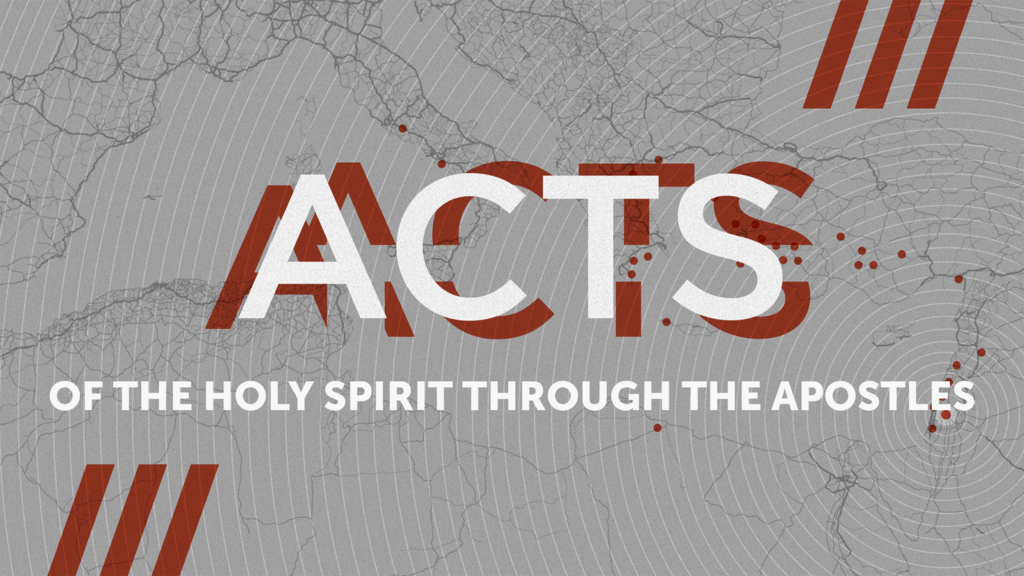Call Upon Jesus for Salvation
October 23, 2022 Preacher: Jeff Griffis Series: Acts of the Holy Spirit Through the Apostles
Scripture: Acts 2:37–41
- Listen
- Downloads

More in Acts of the Holy Spirit Through the Apostles
April 21, 2024
God's Sovereign CareApril 14, 2024
Resisting Injustice, Trusting GodApril 7, 2024
Christ’s Continued Work & Presence in His People